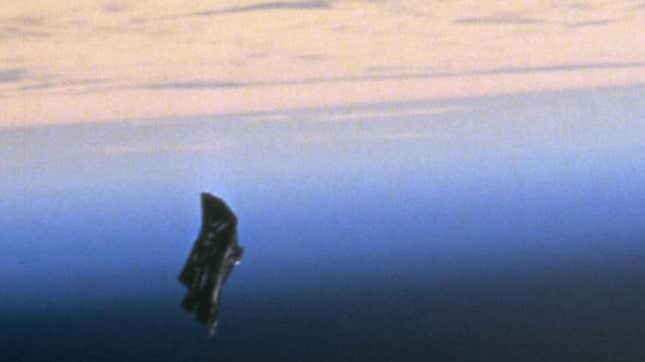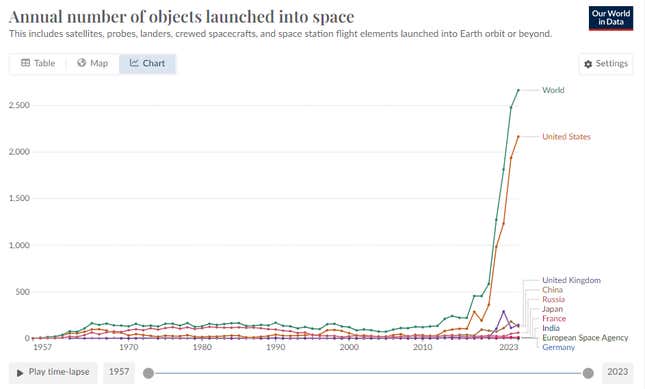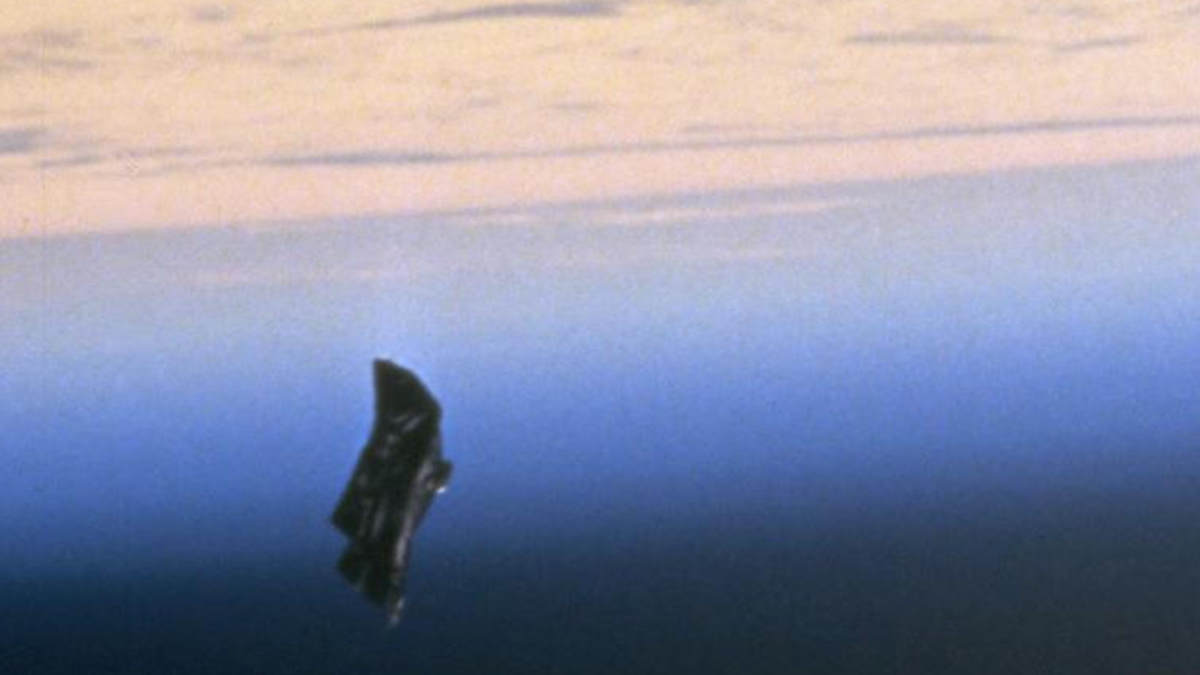
I have become convinced that the truly incredible quantity of junk being launched into space on a regular basis will become one of the world’s greatest problems within our lifetime. According to UN estimates, the quantity of objects put into space by humans between 2019 and today (8,815 objects) exceeds the total number of objects put into space between the start of humanity’s space exploration in 1957 through 2018 (8,448 objects). The number of pieces of space junk launched into orbit has grown exponentially in the last five years and shows no sign of abatement.
These objects include satellites, probes, landers, crewed spacecraft flight elements, and space stations. Anything launched into space that doesn’t intend to return is considered an object. It’s more appropriate to call it junk, if you ask me.
This graph from Our World in Data, compiled from United Nations Office for Outer Space Affairs data, came across my desk, and I was absolutely stunned by the year-over-year growth in the amount of space dicks we’re throwing at the stars. Surely this can’t be good. You can see from the information presented here that while many countries have shown an increased rate of activity in recent years, it’s the U.S. that is responsible for the lion’s share of the recent increases. There must be more to this. Why would the U.S. be launching significantly more shit into space than in years past?

It always comes back to Elon Musk. That’s right, almost all of this massive leap in space shit has been put there by the world-famous satellite and sexual harassment company SpaceX. The world’s richest man is launching thousands of satellites into space? Doesn’t that sound like a too-fake-for-real-life knockoff James Bond plot?
According to some estimates, SpaceX launches around 90 percent of all U.S. space shit, and the U.S. is responsible for over 80 percent of the world’s space shit. Of course we are. Why wouldn’t we be? In 2023 alone, SpaceX attempted 98 of the world’s 223 orbital launches, leaving behind a whole bunch of stuff in the process. The company currently has 5,420 Starlink satellites in orbit, and plans to increase that number to over 12,000 in the coming years.

